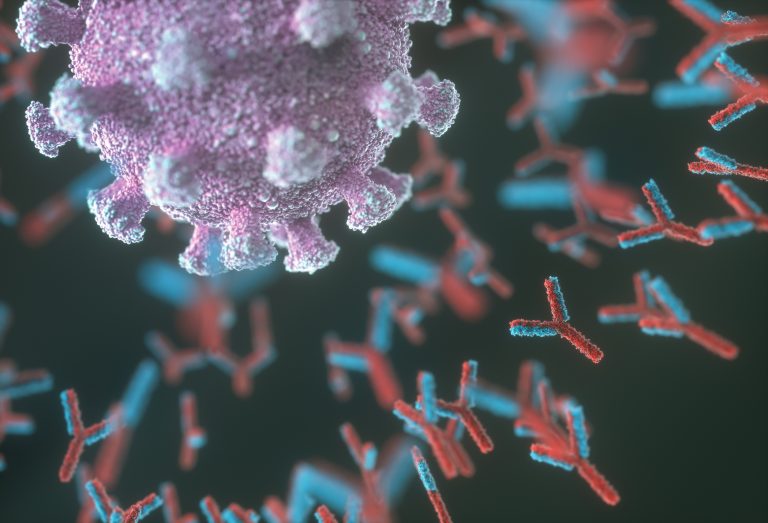
A new test to detect SARS-CoV-2 virus antibodies is cheap and efficient and can be accurately used to select the best donor plasma for transfusions used to treat COVID-19 patients.
The new test was developed by researchers at the University of Texas at Austin, as well as other organizations in the US. It is an ELISA, or enzyme-linked immunosorbent assay, a commonly used test type in laboratories around the world. It can test if antibodies against the virus are present in someone’s blood and in what quantity.
“This is potentially game-changing when it comes to serological testing for COVID-19 immunity,” said Jason Lavinder, Ph.D., a research associate at the University of Texas who helped develop the test.
“We can now use highly scalable, automated testing to examine antibody-based immunity to COVID-19 for hundreds of donors in a single run. With increased levels of automation, limited capacity for serological testing can be rapidly addressed using this approach.”
The gold standard antibody tests for SARS-CoV-2 can take a long time to set up and if using live virus can only be carried out in labs with high levels of biosecurity (level 3). Even if a ‘pseudotype’ virus – a mix of two viruses used to create antibodies that is not infectious – is used then it can still be time consuming, as cell lines are required and need to be maintained.
There is a need for a quicker and more efficient antibody tests that can detect levels of antibodies against COVID-19 that someone has in their blood, both so that prior infection and levels of immunity can be detected, but also to test plasma being used as a therapy.
The FDA has approved the emergency use of convalescent plasma donated by people who have previously had COVID-19. Its efficacy as a therapy has not been conclusively established, but there is some evidence to suggest that it could be an effective treatment both for adults and children with severe disease.
It has been observed that plasma containing higher levels of antibodies seems to be a more effective treatment for patients with COVID-19 than donations with lower levels. With this in mind the FDA has recommended that only plasma with high levels of antibodies (a titer of 1:160 or more) should be used.
As reported in the Journal of Clinical Investigation, Lavinder and colleagues tested 2814 blood samples using their test and concluded that measures of IgG antibodies against the virus could be used to assess whether the donors had the right level of virus neutralizing antibodies (as defined by the FDA) with 80% accuracy or higher.
The team plans to use the test to select donors that have high levels of the therapeutic antibodies. This is becoming increasingly more important, as more and more transfusions are being made in the US alone. This kind of test could also be used in the future to assess if patients are responding well to treatment or not.













